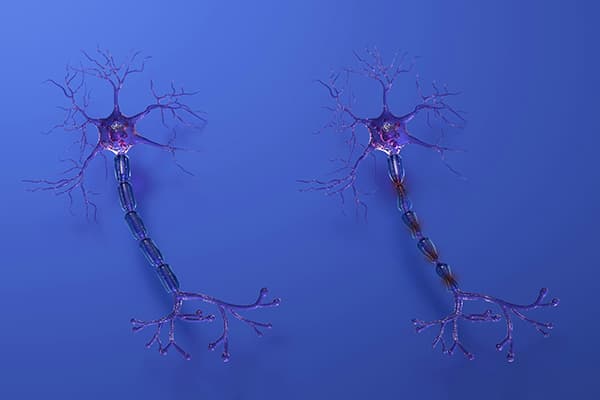Synthetic Biosensing Health Education Dataset
Synthetic Tabular Data
Tags and Keywords
Trusted By




"No reviews yet"
£29.99
About
The Synthetic Biosensing Health Education Dataset is designed for educational and research purposes to analyze physiological responses and engagement levels during health education sessions. It provides anonymized, synthetic data on biosensing metrics to facilitate studies in cognitive load, stress management, and learning effectiveness.
Dataset Features
- Session_ID: Unique identifier for the session.
- HRV: Heart Rate Variability, an indicator of stress and autonomic nervous system activity.
- GSR: Galvanic Skin Response, measuring skin conductance linked to emotional arousal.
- EEG_Alpha_Waves: Brainwave activity in the alpha frequency range, associated with relaxation and focus.
- Session_Topic: The subject of the health education session.
- Session_Duration: Duration of the session in minutes.
- Qualitative_Feedback: Subjective feedback provided by participants about the session.
- Engagement_Level: A classification of engagement based on physiological and qualitative indicators.
Distribution

Usage
This dataset can be used for the following applications:
- Health and Wellness Research: Analyze how different topics influence physiological and cognitive responses.
- Educational Studies: Investigate the relationship between biosensing data and learning engagement.
- Machine Learning Applications: Develop models to predict participant engagement based on physiological signals.
- Human-Computer Interaction (HCI): Study stress and engagement in digital learning environments.
Coverage
This synthetic dataset is fully anonymized and complies with data privacy standards. It includes a variety of physiological and qualitative features to support a broad range of research and analysis.
License
CC0 (Public Domain)
Who Can Use It
- Health and Education Researchers: To explore the impact of physiological responses on learning effectiveness.
- Data Scientists and Machine Learning Practitioners: To build predictive models for engagement detection.
- Educators and Trainers: To assess session effectiveness and participant responses.
- Cognitive and Behavioral Scientists: To study relationships between biosensing metrics and cognitive states.
Loading...
£29.99
Download Dataset in CSV Format
Recommended Datasets
Loading recommendations...
